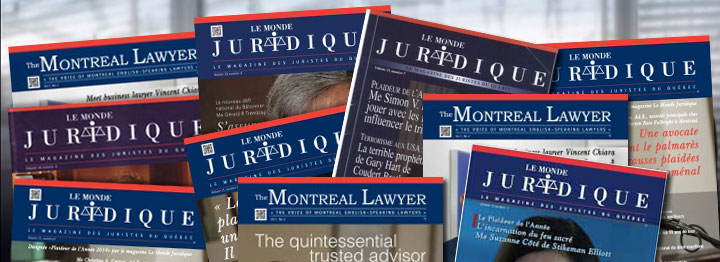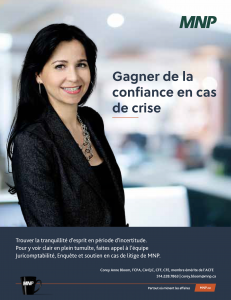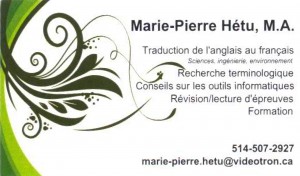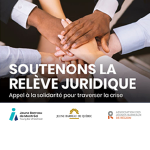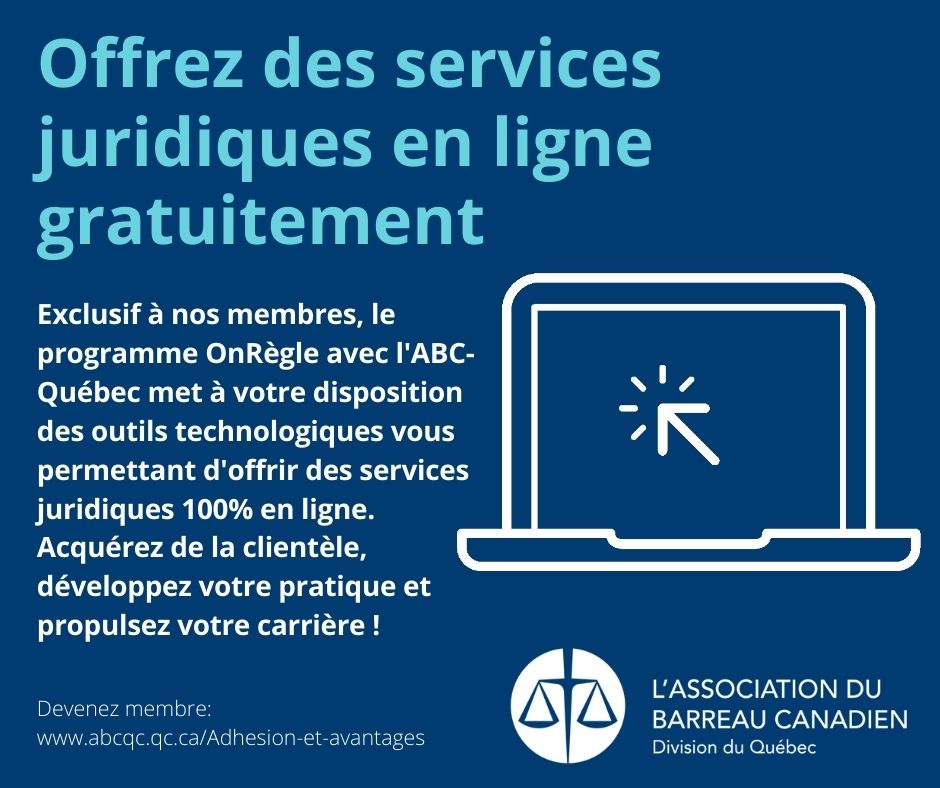Ban Ki-moon must investigate tainted Gaza probe

The Geneva-based human rights group UN Watch welcomed the resignation of William Schabas from the UN inquiry on Gaza, who had solemnly denied all conflicts of interest in a related UN application, and called on UN Secretary-General Ban Ki-moon to create an independent inquiry to investigate the extent to which Schabas’ undeclared conflict of interest has now irretrievably tainted the probe, the integrity of the process by which Schabas was selected, and whether anyone at the UN rights office in Geneva knew about his paid legal work for the PLO.
Although Human Rights Council president Joachim Ruecker, the ambassador of Germany, insisted today that Schabas’ resignation « preserves the integrity of the process, » UN Watch executive director Hillel Neuer said that the opposite is true.
« The truth is that Schabas made clear in his resignation letter that he ‘devoted several months of work’ to the project, » said Neuer, « in which, as the inquiry Chair and as the top expert on the issues, Schabas would have played a leading role in conceiving of the entire project, including the scope, framework, and methodology of the inquiry, selection of which specific incidents of the war to examine, the choice of witnesses, and the legal standards to apply. »
« Schabas would have had a say in the influential choice of staffers, who do a lion’s share of the work. He chaired all of the hearings where testimony was delivered and witnesses were examined. »
« While absent for the final weeks of drafting, the bottom line is that Schabas masterminded and oversaw this effort for six out of its seven months, and substantially impacted the entire process, » said Neuer.
« Because Schabas’ prior statements and actions are so prejudicial — prompting top legal scholars and his own colleagues to call for him to step down — his undeclared conflict of interest has now irretrievably tainted the entire probe and its report, » said Neuer.
Schabas resignation follows sustained campaign by UN Watch
Key moments of the campaign:
On August 11, 2014, the day Schabas was named head of the UN’s Gaza probe, UN Watch sprang into action, demanding he step down on account of his prior prejudicial statements. UN Watch immediately released videos and quotes showing Schabas’ extreme prejudice, which were picked up worldwide.
Schabas fought back, arguing: « I have opinions like everybody else about the situation in Israel. They may not be the same as Hillel Neuer’s or Benjamin Netanyahu’s, that’s all. »
The Daily Beast reported: « Schabas has faced the harshest criticism from Hillel Neuer, the head of the Geneva-based advocacy group UN Watch. »
UN Watch launched an online petition and published a call for legal scholars to speak out. Over time, leading law professors and human rights activists — including a number of Schabas’ own colleagues — spoke out.
UN Watch filed a motion and major legal brief demanding Schabas’ recusal.
In a tense, private meeting in September with Schabas and the other two commissioners, UN Watch Executive Director Hillel Neuer told them why the UN Human Rights Council was biased, why the resolution creating their mandate was biased, and why Schabas was legally disqualified because of his prejudicial statements that, at a minimum, created the reasonable apprehension of bias.
UN Watch handed Schabas the motion demanding that he step down. Schabas became angry and snapped at Neuer, « And who is the reasonable man — you? »
UN Watch filed an official written statement on the motion to remove Schabas, causing it to be circulated by the United Nations to all country delegates as an official document (A/HRC/27/NGO/112).
In a dramatic debate, UN Watch Executive Director appeared before the plenary of the UN Human Rights Council to demand Schabas’ recusal, and to argue the legal motion. (See speech & video below).
UN Watch revealed that one of the world’s most famous human rights figures called on Schabas to step down.
In the end, with the pressure mounting, William Schabas finally quit.
www.unwatch.org
UN Watch is a Geneva-based human rights organization founded in 1993 to monitor UN compliance with the principles of its Charter. It is accredited as a Non-Governmental Organization (NGO) in Special Consultative Status to the UN Economic and Social Council (ECOSOC) and as an Associate NGO to the UN Department of Public Information (DPI).


